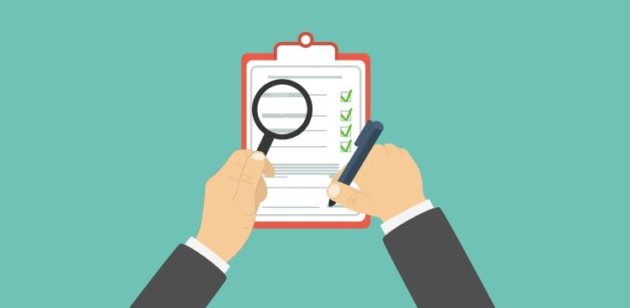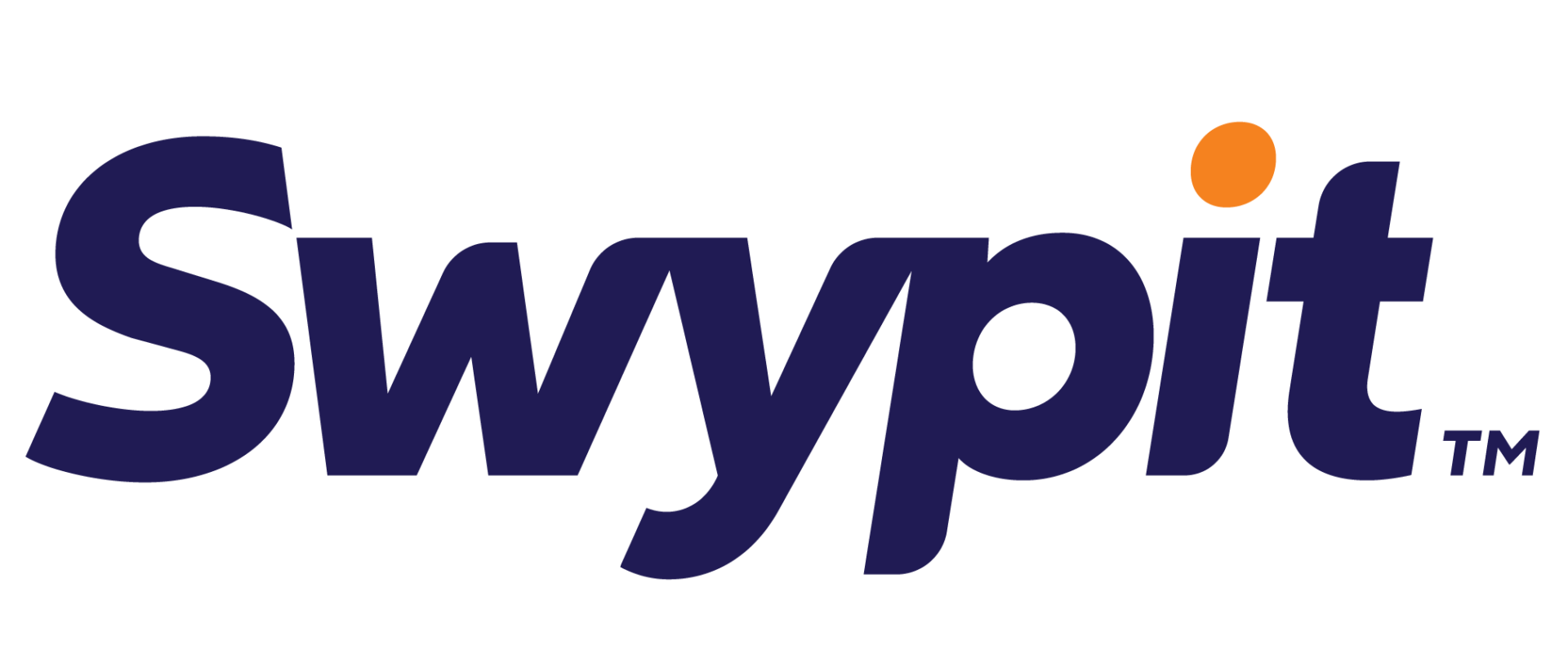Hiring in 2018: Should You Consider Artificial Intelligence (AI)?

Blog
Would you – should you – consider letting a robot do your hiring?Well, maybe not just any old robot. But…
We are living in the age of technology, so why wouldn’t we use artificial intelligence to do our recruiting – or at least some parts of it – for us? AI is a technology that is designed to streamline or automate some part of the recruiting workflow, especially repetitive, high-volume tasks.
Well, arguably, there are complications with artificial intelligence systems. AI does lend a helping hand to mankind, but it can’t solve all our problems.
Recruiting might just be one of the toughest tasks that businesses and companies face in today’s world. A business is fueled by talent, so you can imagine what happens when the wrong person is hired. Not only is it expensive, but we also “waste” time on the wrong person(s0 when we could have been using that time to train someone who will become an asset to the company.
Studies have shown that it costs around $250,000 to track down and hire a new employee. Thus, it’s best to choose the right fit from the get-go.
Artificial intelligence systems have several pros. But will these pros outweigh the cons?
By using an AI system for recruiting, it saves recruiters’ time from having to hand-filter through hundreds or even thousands of resumes. Out of those resumes, 75%-88% are usually deemed unqualified for the role applied for which they applied. Thus, AI could allow recruiters to do more with less, even integrating effortlessly without disrupting a casual workflow.
AI is also meant to improve the quality of hires by using data mined to match candidates’ experience, knowledge, and skills to the requirements of the job. Supposedly, with this “promise” we are led to happier, more productive employees.
Interestingly, however, Amazon has attempted to incorporate AI into their recruiting. It didn’t go perfectly. They found a few minor issues and one major problem. The new highly intelligent recruiting system was biased against women, leaving them with a smaller chance to be recruited.
The system used a 5-star rating system, giving the potential candidates a 1-5-star rating on different areas. It was a great idea to have a completely unbiased AI system do the recruiting for them, until they realized it too, showed gender bias.
Basically, the idea behind this AI recruiting experiment was that if the system was fed 100 resumes, it would pick the top 5 and those qualified candidates would be hired. Amazon then tried to edit the system further, to be gender-neutral. But that still did not guarantee correct ratings.
Quickly, this pointed out to computer scientists that there is still a lot of work needed to perfect the system. However, gender bias was not their only problem. The system was also found to be race-biased. Thus, Amazon has now said they do not rely solely on the judgement of the AI recruitment system to select new hires.
The bottom line, then? Artificial intelligence recruitment systems could be considered for integration into business hiring in the future. Surely, if perfected for bias, it could be a huge time, money and ENERGY saver. On the other hand, if it’s not perfected for bias, it could cause a BIG MESS and create more problems that it solves.
Therefore, if and when you decide to consider AI for recruitment in your business, at least at first and for a while, it’s highly recommended to do spot tests on results and use checks and balances to make sure results are on par with manual recruitment. As stated before, there is still a lot of tweaking to be done in the AI recruiting system. It may not be completely reliable right now, but that could change in a short time due to the accelerating incline of technology. As long as – as with any new advancement – it’s implemented and utilized with responsibility.
